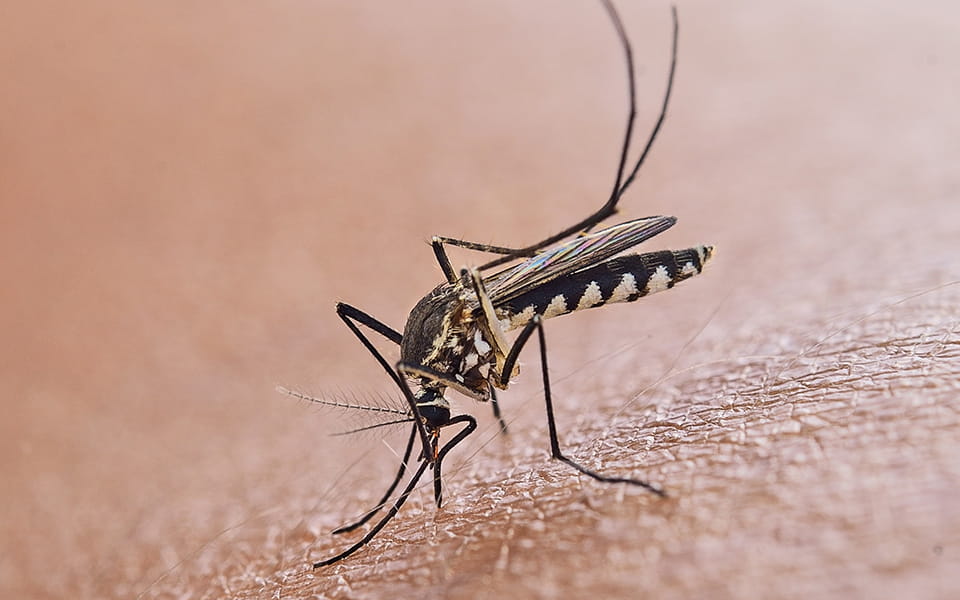How Travelers Can Get Protection Against Yellow Fever With Vaccine Shortage
April 16, 2018

For international travelers, contracting yellow fever is among one of the most serious healthcare risks, making prevention a priority. Vaccination prior to travel is the only defense.
The World Health Organization reported 1,111 cases of yellow fever in 2016. Yellow fever is caused by the yellow fever virus, which is carried by mosquitoes. It is endemic in 33 countries in Africa and 11 countries in South America.
Countries where yellow fever is prevalent require travelers to provide proof of vaccination via a certificate in order to pass through customs and enter the country. Travelers only need to be vaccinated once during their lifetime.
Sanofi is the pharmaceutical company that manufactures the U.S. version of the vaccine, YF-vax. Supplies became scarce in September 2017 as a result of manufacturing problems and Sanofi’s relief efforts to re-vaccinate communities in Brazil (including urban areas), Angola, and the Democratic Republic of Congo experiencing yellow fever outbreaks.
Where to Get Protection Against Yellow Fever
To address the shortage, University Hospitals' Roe Green Center for Travel Medicine became the only non-profit healthcare provider in Ohio licensed to administer an alternative, equally effective vaccine manufactured in Europe called Stamaril.
The Roe Green Center for Travel Medicine provides services all healthcare-related travel needs, including pre-travel preventive care and education, and diagnosis and treatment for ill travelers returning home.
“Only about 40 percent seek pre-travel advice about the risks and preventive medications when traveling to resource-limited countries. With more people visiting foreign countries – including more elderly people, pregnant women, and people with underlying medical conditions –more attention needs to be paid to preventive care,” says Robert Salata, MD, University Hospitals’ Roe Green Center for Travel Medicine program director and Department of Medicine chairman.
Related Links
Learn about UH's specialized services for business travelers.
Get a medical consultation before you travel -- either in person or through a UH Virtual Visit using your computer or mobile device.


